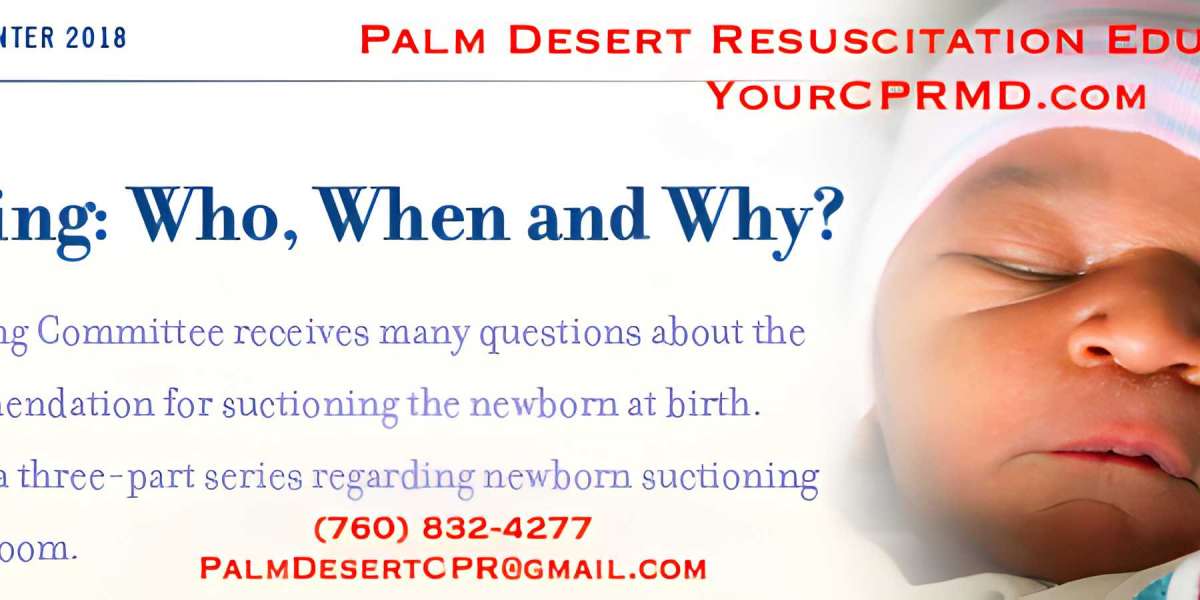Studying medicine has always been a noble pursuit, attracting students from around the world to diverse academic environments. In recent years, Bangladesh has emerged as a popular destination for pursuing an MBBS (Bachelor of Medicine, Bachelor of Surgery) degree, particularly for students from neighbouring countries like India, Nepal, Sri Lanka, and even parts of Africa and the Middle East. This article explores whether Bangladesh is a good place to study MBBS, examining factors such as educational standards, affordability, infrastructure, cultural experiences, and post-graduation opportunities.
1. Quality of Education
One of the most critical aspects when selecting a country for medical education is the quality of education provided. Bangladesh's medical institutions have made remarkable progress over the last few decades, improving both in terms of curriculum and infrastructure. Medical colleges in Bangladesh follow a curriculum modeled after international standards, particularly the guidelines established by the World Health Organization (WHO) and the Bangladesh Medical and Dental Council (BMDC).
The medium of instruction in most medical colleges is English, which makes it an accessible option for international students who do not speak Bengali. The five-year MBBS course, followed by a one-year internship, provides students with a strong foundation in theoretical medical knowledge, combined with practical skills essential for their professional growth. The curriculum integrates both modern medical sciences and clinical practices, preparing students for real-world challenges.
Many of Bangladesh's medical colleges have affiliations with reputed hospitals, offering students significant exposure to clinical practices. As a result, students get hands-on experience during their education, which is a crucial part of becoming a competent medical professional.
2. Affordability
One of the most attractive features of pursuing an MBBS in Bangladesh is the affordability of the program. Medical education in Western countries, or even in neighboring nations like India, can be prohibitively expensive for many families. In contrast, Bangladesh offers a cost-effective solution without compromising on the quality of education.
Tuition fees in Bangladesh's medical colleges are relatively lower, and the overall cost of living, including accommodation, food, transportation, and other necessities, is affordable. This makes Bangladesh a financially viable option for students who want to pursue medicine without accumulating significant debt. The availability of scholarships and financial aid in some institutions also adds to the appeal.
3. Infrastructure and Facilities
While affordability is a significant consideration, it is essential to assess the infrastructure and facilities available in Bangladeshi medical colleges. The top medical institutions in the country are equipped with modern laboratories, libraries, and clinical training facilities. Many colleges have invested in upgrading their campuses, ensuring that students have access to state-of-the-art equipment and learning resources.
However, it is worth noting that not all medical colleges in Bangladesh are equal in terms of infrastructure. While some institutions provide excellent facilities, others may be more basic. Prospective students should conduct thorough research into the facilities offered by individual colleges before making a decision.
4. Recognition and Accreditation
For international students, recognition and accreditation of their degrees in their home countries are crucial considerations. An MBBS degree from a recognized institution in Bangladesh is globally recognized by organizations such as the Medical Council of India (MCI), the World Health Organization (WHO), and the General Medical Council (GMC) in the UK, among others. Graduates of recognized Bangladeshi medical colleges are eligible to sit for licensing exams such as the United States Medical Licensing Examination (USMLE), the PLAB in the UK, and the Foreign Medical Graduate Examination (FMGE) in India.
However, students must ensure that the medical college they are applying to is listed in the WHO Directory of Medical Schools or recognized by the appropriate authorities in their home countries to avoid any post-graduation hurdles.
5. Cultural Experience and Student Life
Studying MBBS in Bangladesh offers students not only an academic experience but also an opportunity to immerse themselves in a rich cultural environment. Bangladesh has a vibrant cultural heritage, marked by its historical significance, literature, music, and art. For students from neighboring South Asian countries, the cultural similarities make it easier to adjust to life in Bangladesh, while for others, it can be an enriching experience that broadens their global perspective.
Bangladesh is a hospitable and friendly country, with people known for their warmth and kindness. Many universities offer dedicated support services to international students, helping them adjust to life in a new country. Student life in Bangladesh is diverse, with various extracurricular activities and events allowing students to explore their interests outside of academics.
However, like any other country, students may face challenges such as language barriers, homesickness, and cultural differences, particularly those coming from non-South Asian countries. Learning some basic Bengali or being open to new cultural experiences can go a long way in ensuring a smooth transition to life in Bangladesh.
6. Challenges and Considerations
While studying MBBS in Bangladesh has numerous advantages, it is not without its challenges. Students must be aware of certain factors that could impact their experience.
a) Language Barriers
Although English is the medium of instruction in most medical colleges, the local language in hospitals and everyday life is Bengali. This can present challenges for international students, particularly during clinical rotations when interacting with patients. It is advisable for students to learn some basic Bengali to enhance their communication skills during their internship.
b) Infrastructure Variability
As mentioned earlier, not all medical colleges in Bangladesh have the same level of infrastructure. While top-tier colleges offer modern facilities, some institutions may lack the resources or advanced technologies that students might expect. This variability in infrastructure can influence the quality of education and training received, so students should research their options carefully.
c) Licensing Exams and Recognition
Although Bangladeshi medical degrees are recognized internationally, graduates often need to pass licensing exams to practice in countries like the USA, UK, or India. These exams can be rigorous and require additional preparation beyond the standard MBBS curriculum. Students should be prepared for the demands of these exams and be aware of the recognition process in their home country before choosing to study in Bangladesh.
7. Post-Graduation Opportunities
Graduates of Bangladeshi medical colleges have a wide range of career opportunities available to them. Many return to their home countries to pursue residency or postgraduate studies, while others choose to practice in Bangladesh or seek opportunities abroad. The global recognition of the MBBS degree from Bangladesh provides students with flexibility in terms of where they wish to work.
Additionally, the demand for healthcare professionals continues to grow worldwide, making medicine a relatively stable and rewarding career path. Bangladesh's exposure to diverse medical cases, particularly due to its large population and healthcare challenges, provides graduates with valuable experience that can enhance their career prospects.
Conclusion
In conclusion, Bangladesh can be a good place to study MBBS, particularly for students seeking a cost-effective education with global recognition. The country's medical colleges provide a solid foundation in medicine, coupled with practical experience and an immersive cultural environment. However, students should carefully consider factors such as infrastructure, language barriers, and the requirements for post-graduation licensing exams in their home countries before making their decision.
For students who are adaptable, willing to embrace a new culture, and focused on a career in medicine, Bangladesh offers a viable and rewarding option for pursuing an MBBS degree.







